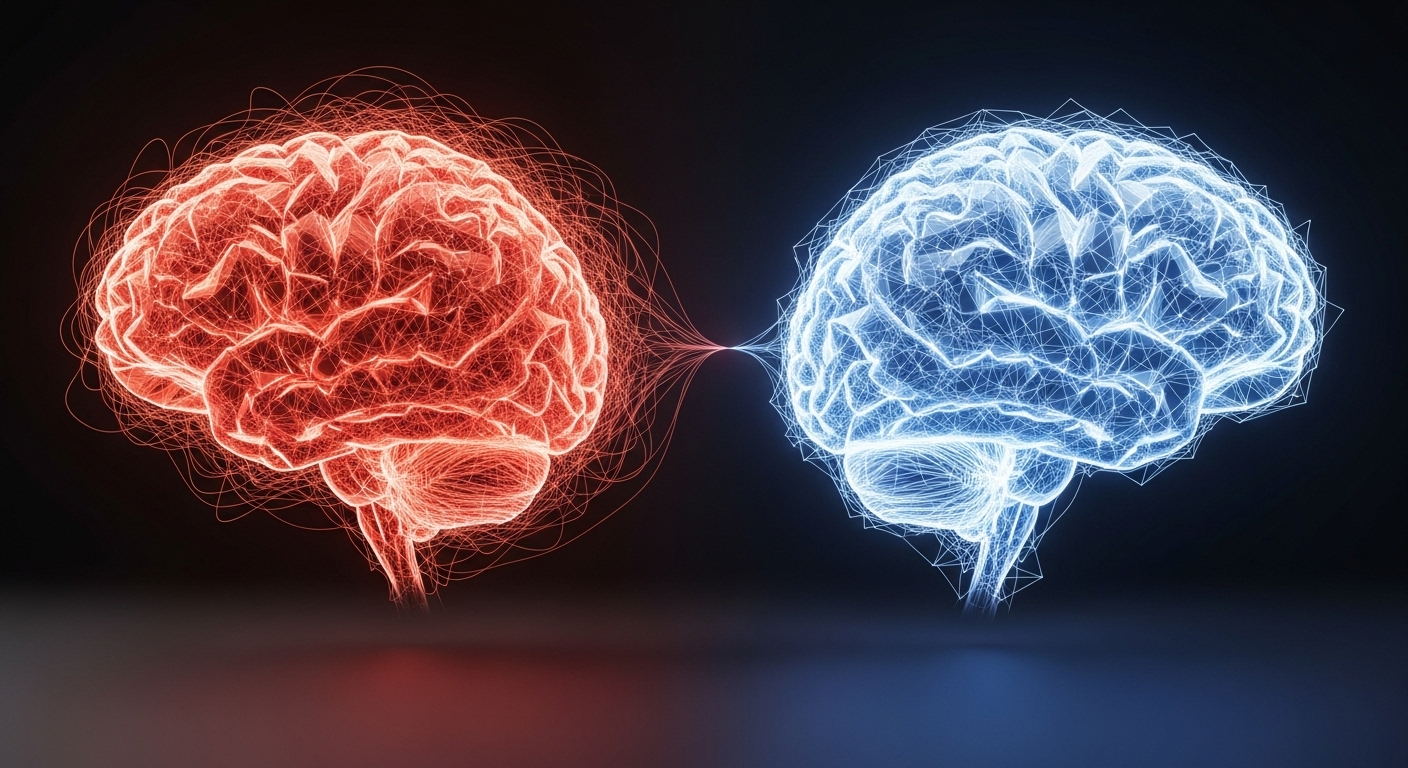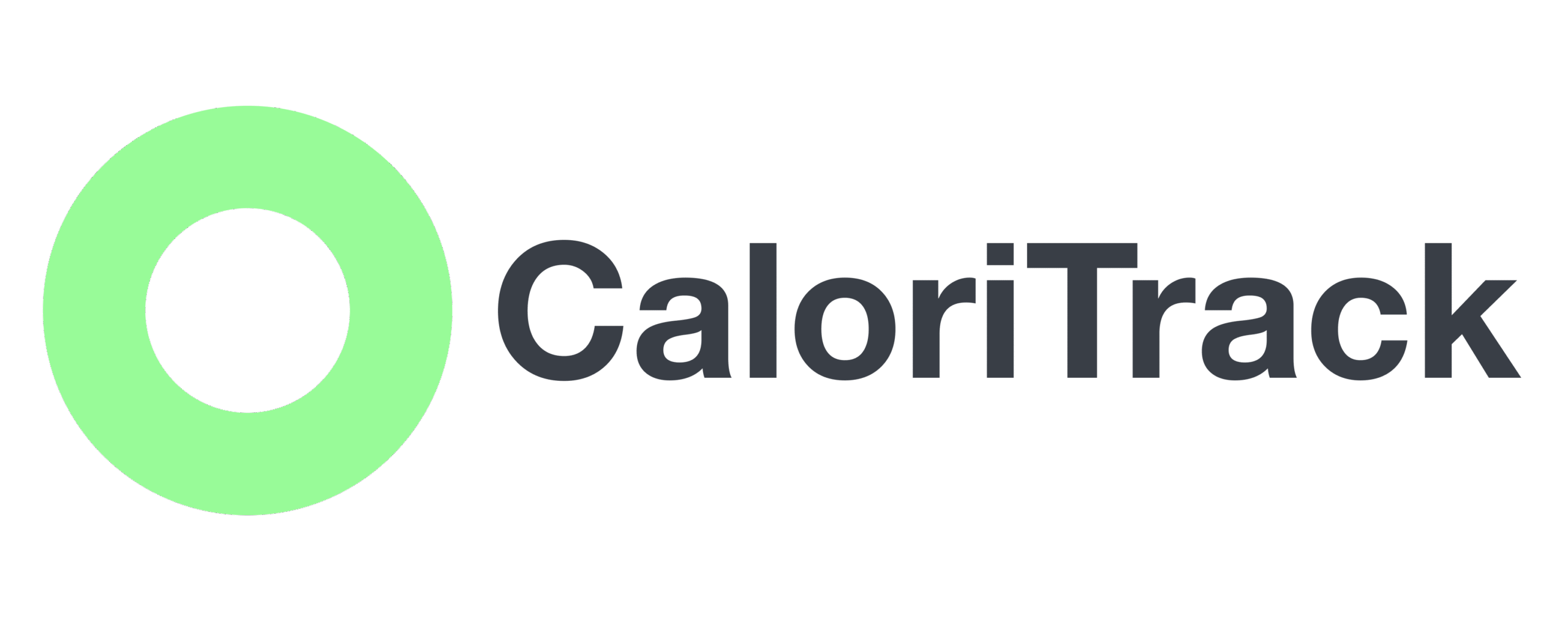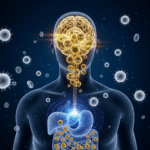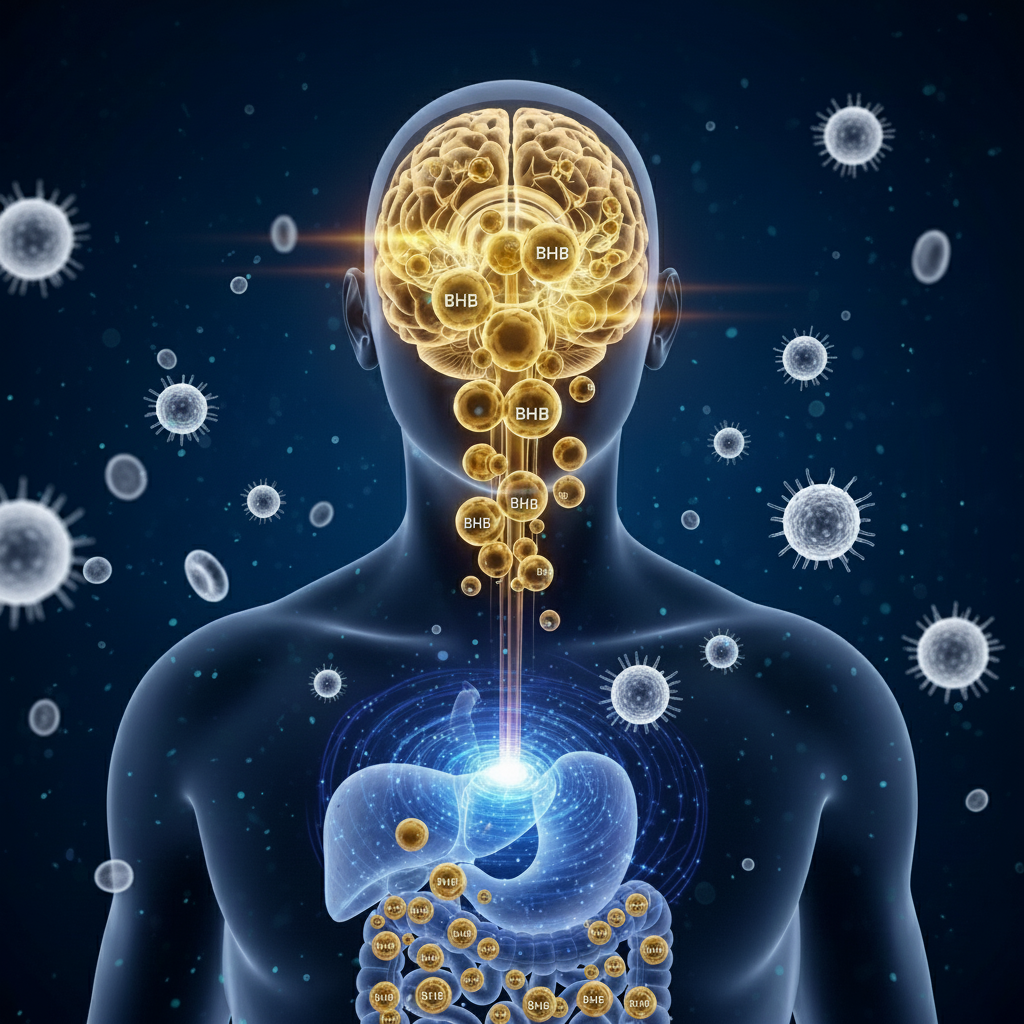
Ketosis and Keto-Adaptation:
Reclaiming Your Body’s Ancestral Metabolic Power
In a world of constant snacking and processed foods, we’ve forgotten a powerful metabolic secret hardwired into our DNA: the ability to run on fat. This isn’t a new fad; it’s an ancient survival mechanism. Welcome to the world of ketosis and keto-adaptation, a journey back to our biological roots for optimal energy and mental clarity.
The Original Human Diet: A State of Natural Ketosis
Long before agriculture and supermarkets, our ancestors lived in a cycle of feast and famine. They didn’t have three meals a day plus snacks. Their bodies were expertly designed to function for long periods without food, using stored body fat as a clean and efficient fuel source. This metabolic state, known as ketosis, was not the exception—it was the norm. It was the key to survival, providing the sustained physical and mental energy needed to hunt, gather, and thrive.
The First Fuel: Babies Are Born Keto-Adapted
Proof of this innate ability is present from the moment we are born. A newborn baby is a perfect example of a keto-adapted being. They enter ketosis remarkably fast, often just a few hours after feeding. Breast milk, rich in fats, is designed to support this state. This metabolic flexibility allows a baby’s developing brain, which demands a massive amount of energy, to have a constant supply of fuel (ketones) even between feedings. We are born with this powerful system already in place.
The Modern Dilemma: Carbohydrate Dependency
So, what changed? The modern diet. A constant intake of processed foods, sugars, and refined carbohydrates has trained our bodies to depend exclusively on glucose for energy. This creates a relentless cycle: you eat carbs, your blood sugar spikes, insulin rushes in to store the excess energy (often as fat), your blood sugar crashes, and then you feel tired, foggy, and hungry again. You become dependent on the next “hit” of sugar to function. This metabolic inflexibility is at the root of the energy slumps and brain fog that many people accept as normal.
Ketones: The Superfuel for Your Body and Brain
When you restrict carbohydrates, your body rediscovers its ancestral pathway. The liver begins to break down fats into molecules called ketones. The most abundant and important of these is Beta-Hydroxybutyrate (BHB).
BHB is not just an alternative fuel; for many parts of the body, especially the brain, it’s a superior fuel. It crosses the blood-brain barrier with ease, providing a stable and long-lasting source of energy. Unlike the rollercoaster of glucose, ketones offer sustained power, which translates to enhanced focus, clarity, and the elimination of brain fog. Furthermore, BHB has been shown to have neuroprotective properties and reduce inflammation.
The 21-Day Journey to Keto-Adaptation
Shifting from a carb-dependent state to being a fat-burning machine doesn’t happen overnight. It’s a process of adaptation that typically takes about three weeks. Here’s what it looks like:
- Week 1: The Transition (The “Keto Flu”) As your body starts to switch from glucose to ketones, you might experience headaches, fatigue, and irritability. This is often called the “keto flu.” It’s not the flu at all, but rather your body’s reaction to carbohydrate withdrawal and a shift in electrolyte and water balance. Staying hydrated and supplementing with electrolytes (sodium, potassium, magnesium) is crucial here.
- Week 2: The Adaptation Begins By the second week, your body is producing more ketones and, more importantly, your cells are learning to use them efficiently. The symptoms of the keto flu begin to fade, and you’ll notice your energy levels starting to stabilize. Cravings for sugar and carbs significantly decrease as your body learns to tap into its own fat stores for fuel.
- Week 3: The Switch Flips This is where the magic happens. Your body is now “keto-adapted.” It efficiently uses fat for fuel, your energy is high and stable throughout the day, and your mental clarity is sharp. You are no longer a slave to blood sugar spikes and crashes. You’ve unlocked the metabolic flexibility that was your birthright.
The Rewards: A Clearer Mind and a Healthier Body
Becoming keto-adapted is about more than just weight loss. The benefits for the mind are profound:
- Enhanced Mental Clarity and Focus: No more afternoon brain fog.
- Stable Mood and Energy: Say goodbye to the energy rollercoaster.
- Improved Memory and Cognitive Function: Ketones provide a cleaner fuel for brain cells.
Beyond the cognitive boost, the ketogenic diet has demonstrated significant therapeutic potential for a range of neurological and metabolic conditions, including:
- Epilepsy: It has been a recognized treatment for drug-resistant epilepsy, especially in children, for a century.
- Type 2 Diabetes: It can be highly effective at improving glycemic control and even reversing the condition.
- Neurodegenerative Diseases: Emerging research suggests potential benefits for conditions like Alzheimer’s and Parkinson’s disease.
Reclaiming your metabolic health through ketosis is about taking control of your well-being, just as Caloritrack empowers you to do. It’s a journey back to your origins to build a more powerful, energetic, and resilient version of yourself.
Scientific References and Further Reading
- Cahill, G. F., Jr. (2006). Fuel metabolism in starvation. Annual Review of Nutrition, 26, 1-22.
- Veech, R. L. (2004). The therapeutic implications of ketone bodies: the effects of ketone bodies in pathological conditions: ketosis, ketogenic diet, redox states, insulin resistance, and mitochondrial metabolism. IUBMB Life, 56(4), 241-247.
- Newport, M. T., VanItallie, T. B., et al. (2015). A new way to produce hyperketonemia: use of ketone ester in a case of Alzheimer’s disease. Alzheimer’s & Dementia, 11(1), 99-103.
- Phinney, S. D., & Volek, J. S. (2012). The Art and Science of Low Carbohydrate Living. Beyond Obesity LLC.
- Stafstrom, C. E., & Rho, J. M. (2012). The ketogenic diet as a treatment paradigm for diverse neurological disorders. Frontiers in Pharmacology, 3, 59.
- Cunnane, S. C., et al. (2016). Can ketones help rescue brain fuel supply in later life? Implications for cognitive health. Frontiers in Molecular Neuroscience, 9, 53.
(Disclaimer: This article is for informational purposes only and does not constitute medical advice. Please consult with a healthcare professional before making any significant changes to your diet or lifestyle.)













